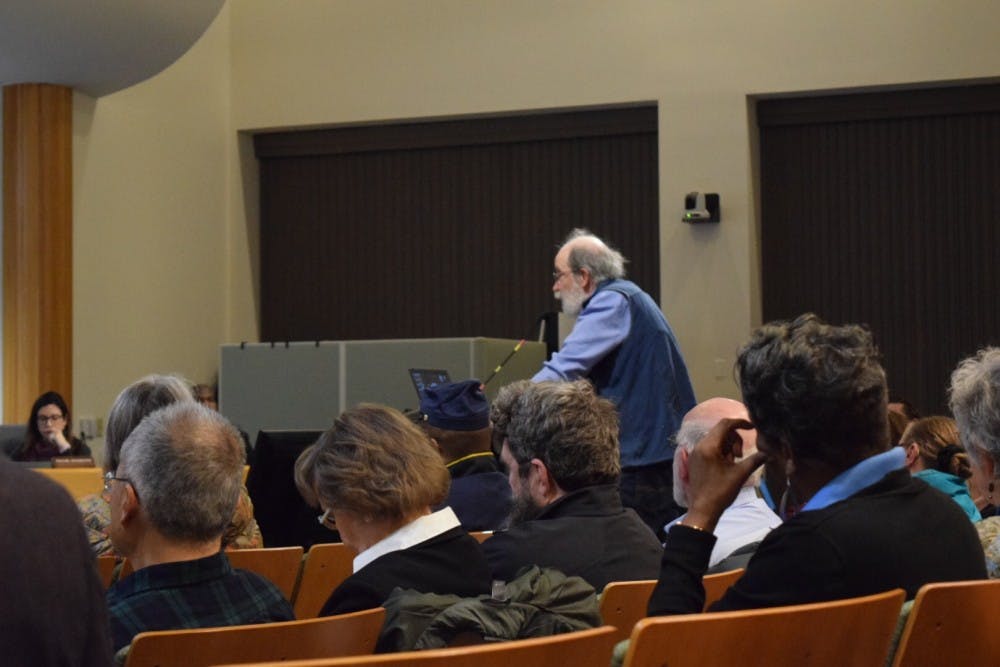Perrin de Jong spent his childhood in Chapel Hill exploring forests, wading through creeks and laying in a hospital bed trying to breathe. He didn’t understand why his asthma in the 1990s was so debilitating, so frequent — he certainly didn’t know a new UNC coal generation plant opened just miles away.
According to a 2012 Environmental Health Perspectives study, there were significant increases in estimated rates of hospitalization for various respiratory distress.
Hospitalization for asthma, acute respiratory infection and chronic obstructive pulmonary disease increased by 11 percent, 15 percent and 17 percent, respectively, among individuals living in the same zip code as a fuel-fired power plant in New York.
In 2010, former UNC Chancellor Holden Thorp pledged the University would cease existing coal generation operations by 2020.
Now, the University is seeking a five-year renewal to their permit for the Cameron Avenue plant with no clear end to coal generation in sight.
At a Chapel Hill Town Council meeting on Feb. 13, Brad Ives, UNC associate vice chancellor for campus enterprises, said renewing the Cogen plant’s permit is essential to the energy needs of the University because hospitals and laboratories depend on it.
As an attorney with Asheville’s Center for Biological Diversity, de Jong is advocating for stricter environmental permit regulations for UNC’s Cogen plant.
“If we are stuck indefinitely with this archaic dinosaur, fossil-fuel facility, then we want it to be as protective of public health and the environment as possible,” he said. “Let’s make them obtain the most protective possible permit through the (Division of Air Quality).”
Through air-modeling research, the Center for Biological research found that UNC’s permit through the N.C. Department of Environmental Quality allows the University to emit four to six times more nitrogen oxide and sulfur dioxide than the limit allows under the Clean Air Act.



